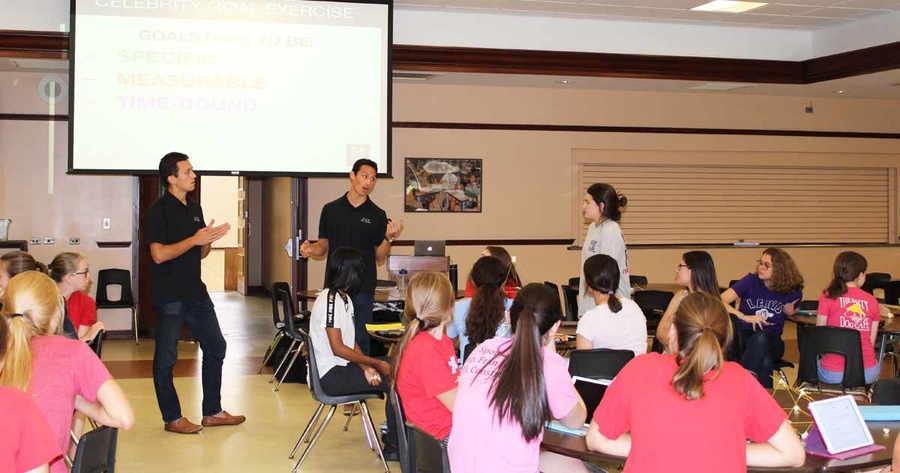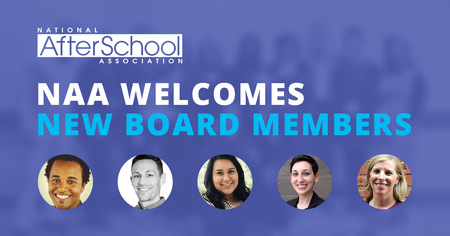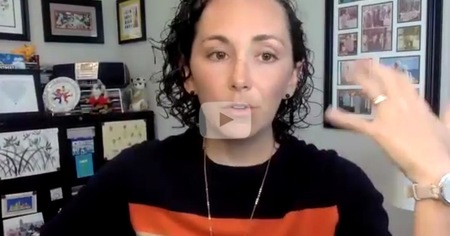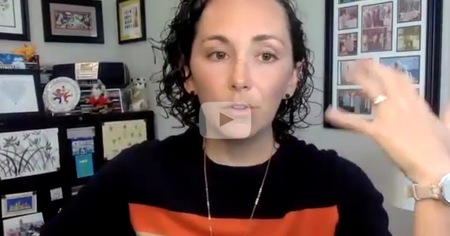220 Leadership was co-founded by brothers Joseph and Matthew Moheban. Growing up, they thought they did pretty much everything "right." They were strong students, athletes and leaders in student organizations.
College looked pretty much the same.
Upon graduation, they both did what they were "supposed to do"—got high-paying jobs in commercial banking and consulting.
Throughout life, they had realistic goals.
Goals they met.
It didn't take long, however, for them to realize that they weren't happy. They were unfulfilled and knew there was more to life than following the straight-and-narrow path of practicality.
So, they started 220 Leadership to transform the lives of as many students as possible—and to teach each and every one of them the skills and strategies to make them successful in life.
All of 220's programs are based on the foundation of what Joseph and Matthew call an "unrealistic 10-year vision."
"A lot of programs and goal-setting experts will tell you to set realistic goals," Joseph said. "What we do is reverse that trend by getting students think unrealistically—to not hold back from anything they want in life."
220's workshops, online courses and yearlong partnerships challenge students to envision a future without limitations. A student wants to travel nine months of the year and work remotely? The Mohebans would tell her to go for it. A student wants to play in the NBA, be a world-touring singer or famous artist? He better plan on it.
"We would never tell students to back down from what those goals are because if they don't ask for it, it's not going to happen," Joseph said. "Even if students fall short of where they want to be, they're going to be better off going after an unrealistic vision than going after something realistic and falling short of what they're capable of, or not realizing their full potential."
After designing their ultimate life, career and relationships, students reverse engineer a personalized plan to make the vision a reality. Students are encouraged to engage in activities and develop habits and routines that will help them connect with role models, learn new things about their passion, and practice new talents.
The process teaches students skills essential for success: social and emotional skills, 21st-century skills and communication skills.
Many of the students Joseph and Matthew work with through 220 Leadership are from low-income communities. The co-founders are often asked how they adjust methods for students who have a tough background or have faced tough challenges.
"We get super excited to answer that," Matthew said," because we don't change our methods. We think one of the biggest problems is that people talk to these students differently. They don't expect as much from them and, as a result, students don't expect as much for themselves. We talk to those students the same way we talk to a student who comes from a wealthy community. No matter what, you're going to face obstacles. Some might be harder than others or what someone else would face, but it's totally up to you what you want your life to be."
And if students' goals change?
"Even if they realize 'this isn't what I thought it was,' they're still going to be better off because they understand what it takes to go after a really challenging goal," Matthew said. "If their interests change, they just use the same process that we teach them, in another context."
"What we think is so important is that students' goals might change, but if we teach them to set realistic goals and follow the path, they're not going to be nearly as motivated or as excited to overcome obstacles and work above and beyond to achieve those goals."
When it comes to the future, there's no holding back.
Get 220 Leadership's free leadership toolkit of Joseph and Matthew's top five tools for helping students discover their leadership skills. The toolkit includes inspiring videos, personalized worksheets, engaging activities and downloadable instructions and tools. Learn more at 220leadership.com/free-toolkit.




